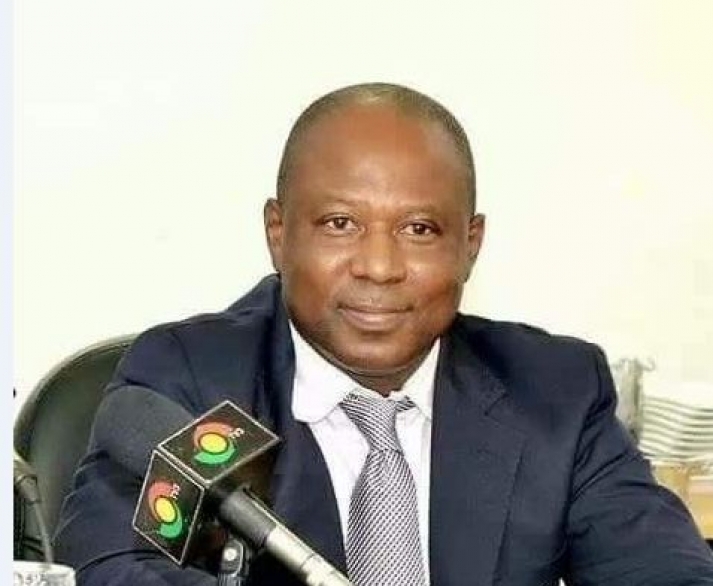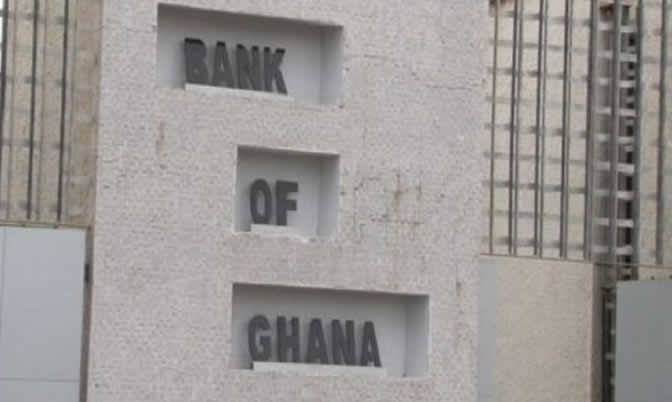As a follow up on a series of developments from the nation’s central bank, Bank of Ghana Governor has disclosed that the 25.5% policy rate will be maintained.
Addressing a press conference yesterday in Accra, BoG governor, Dr. Abdul-Nashiru Issahaku noted that headline inflation continues to ease, closing the year at 15.4 per cent from 15.8 per cent earlier in October last year.
He stated that “This was supported by tight monetary policy and relative stability of the exchange rate. Similarly, underlying inflation pressures, measured by core inflation (CPI excluding energy and utility prices) declined significantly. From 15.2 per cent in October, core inflation fell to 14.7 per cent in November, and further to 14.6 percent in December 2016,†and added that consumers and the financial sector inflation expectations eased in line with trends in headline inflation.
He asserted that the developments in headline inflation in the course of 2016 were broadly in line with the central bank’s projections for that year.
He further disclosed that the basis for the 2016 forecast have, in this round of Monetary Policy Committee, been reviewed to accommodate recent changes such as the upward adjustments in ex-pump prices, exchange rate depreciation and the above-expectation fiscal deficit outturn for last year.

He is stated that “Consequently, the baseline forecast horizon for the medium-term inflation target has shifted into 2018. This inflation outlook could however improve if the fiscal consolidation process is restored, alongside monetary policy tightness and exchange rate stabilityâ€.
Finally, the BoG governor also expressed optimism in the modest economic performance of the country, despite few set-backs such as the oil and gas production challenges at Jubilee field, policy tightness and a persisting toll of the recent issues of power supply
(the dumsor) on the country’s economy.
“However, the latest consumer sentiments survey conducted after the December 2016 polls reflected optimism about economic prospects. In addition, the expected increase in oil production from Tweneboa-Enyenra-Ntomme (TEN) and coming on stream of the Sankofa-Gye Nyame oil fields are expected to boost growth in 2017â€, Dr. Issahaku said.
Â





